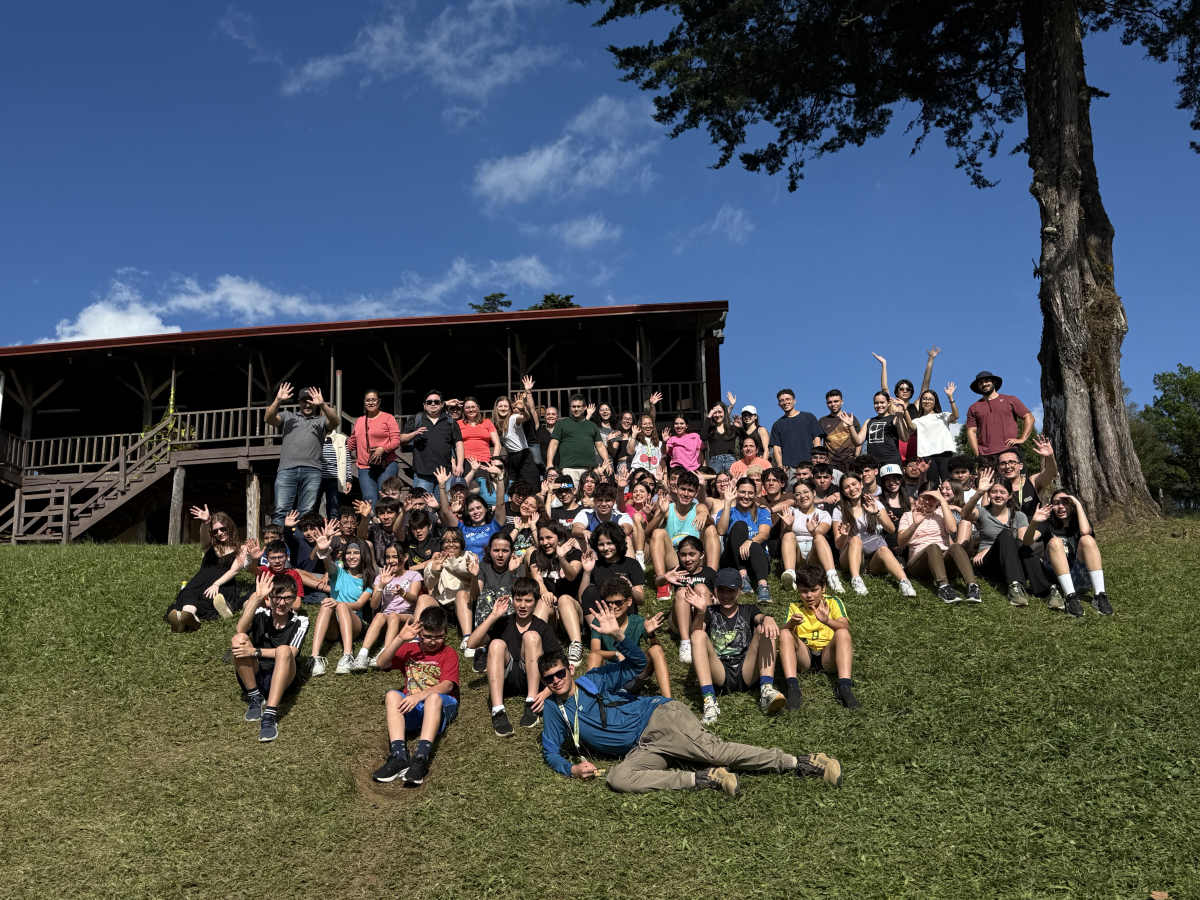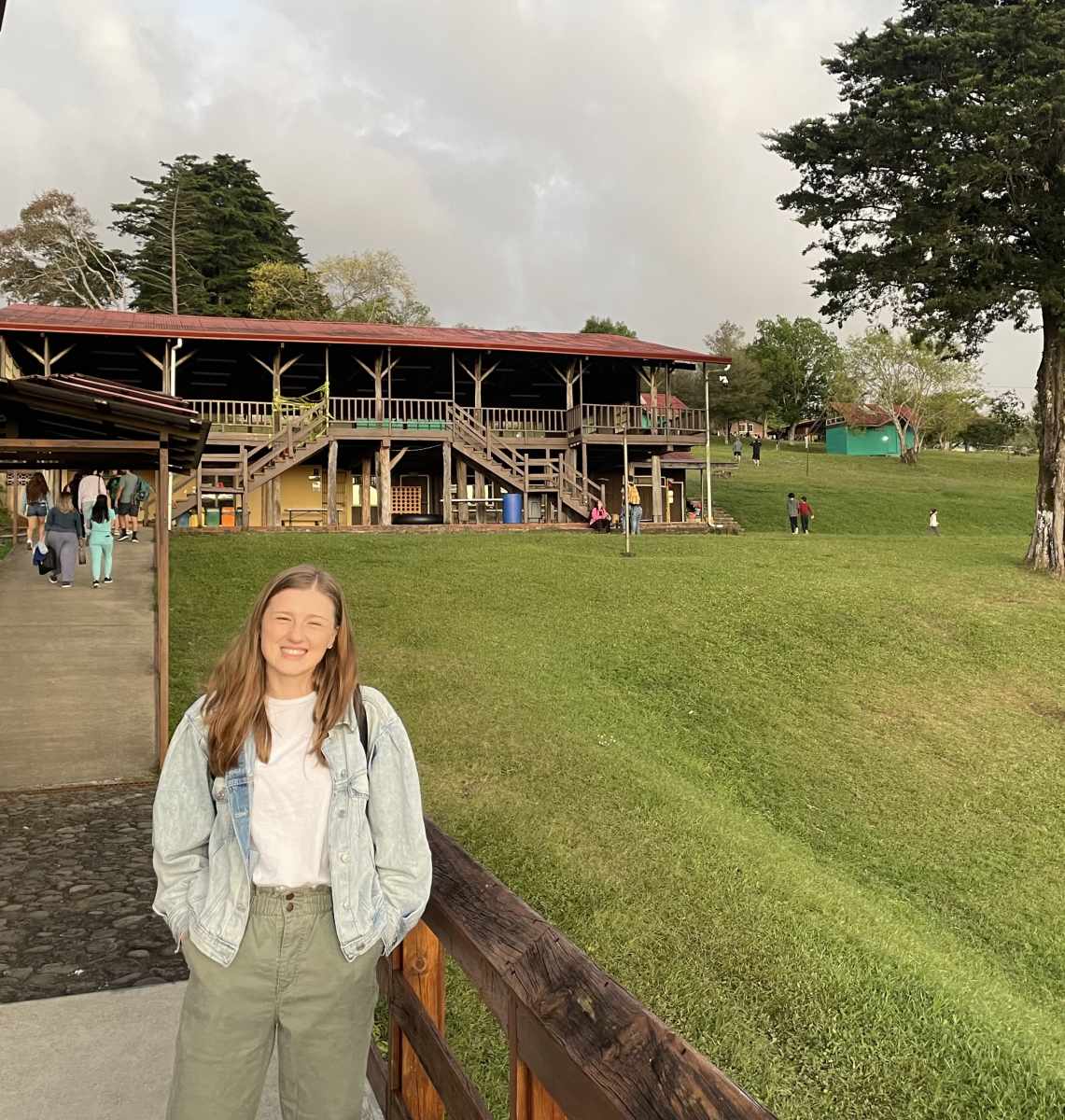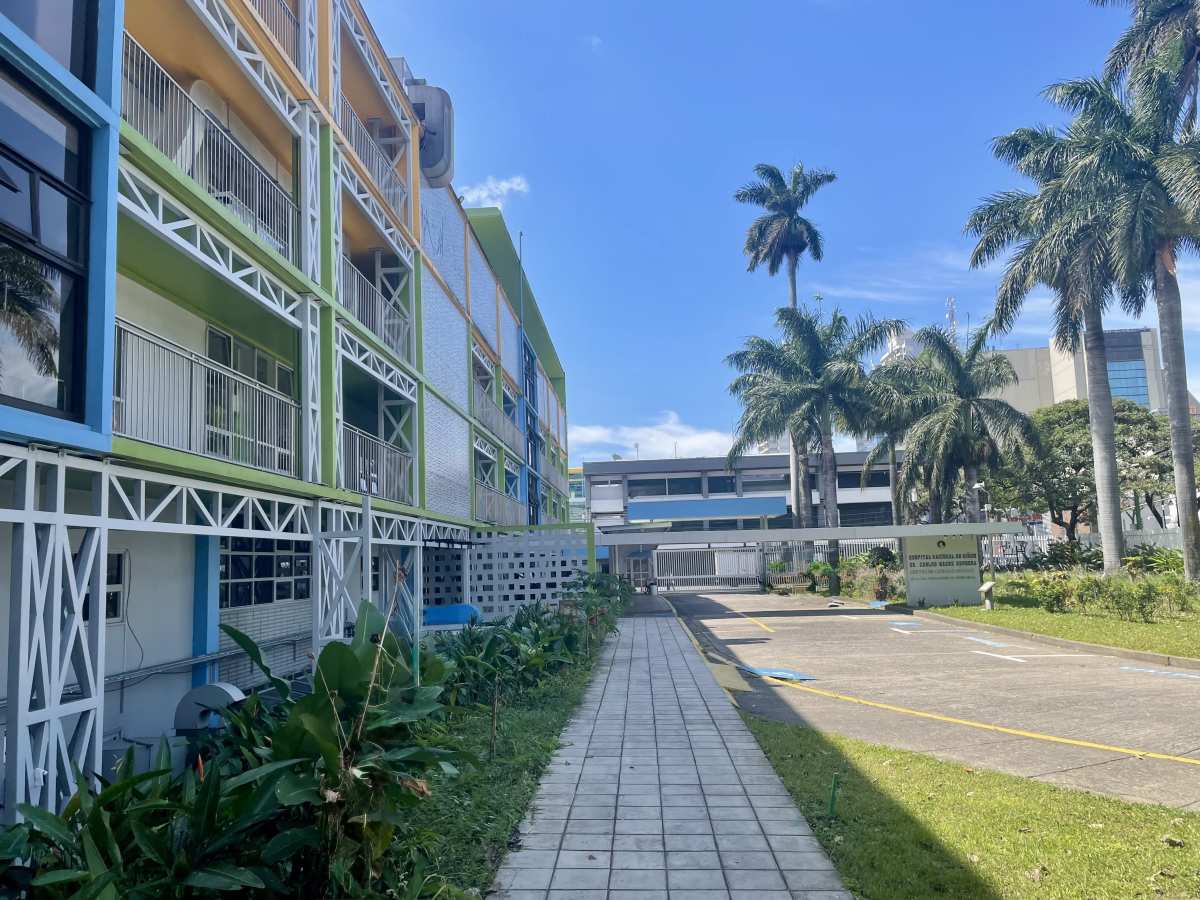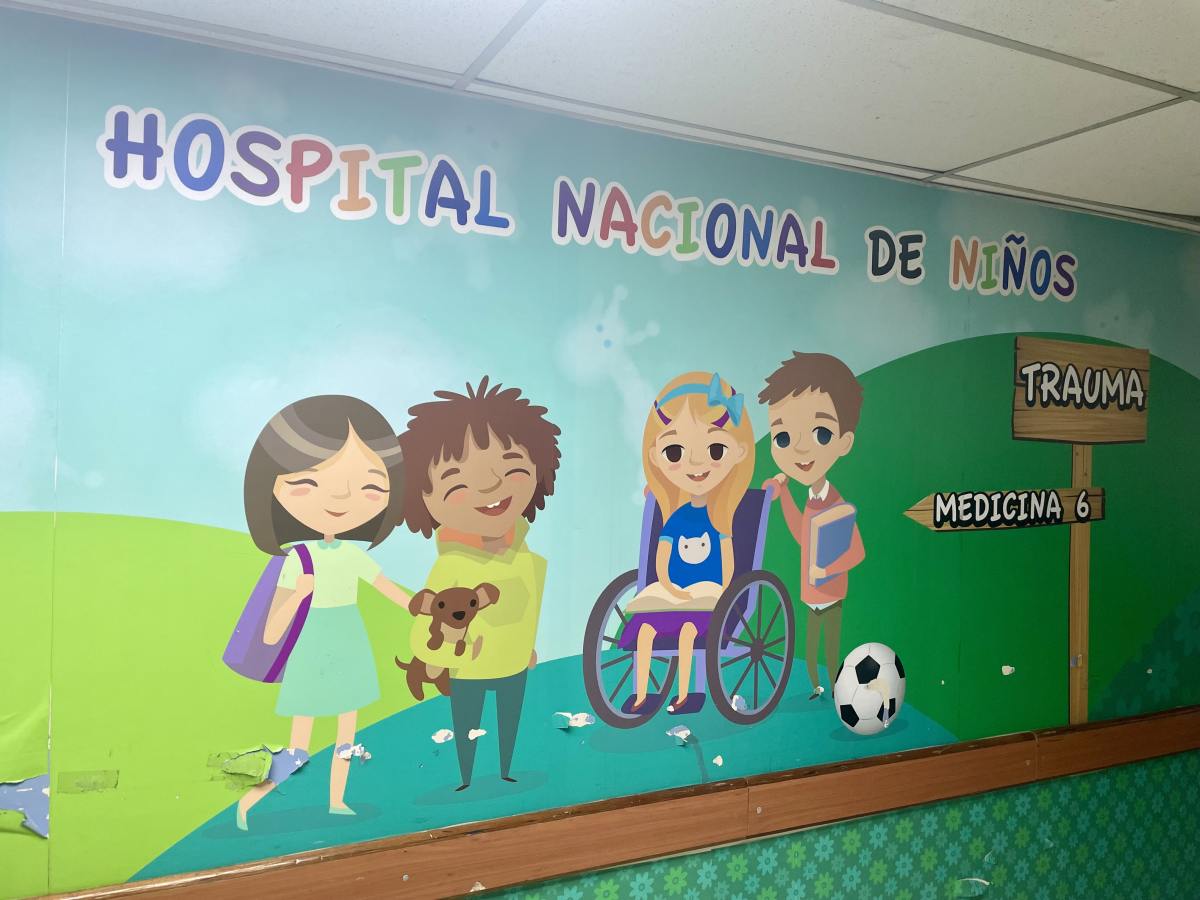This project focuses on establishing a partnership between the University of Minnesota Global Pediatrics Program in the U.S. and Hospital Nacional de Niños (HNN) in San José, Costa Rica, which is the children’s hospital serving as the only training site for the two pediatric residency programs in the country. The purposes of this project are to facilitate bidirectional exchange for trainees from the pediatric residencies in Costa Rica and at the University of Minnesota. These global health rotations will include clinical experiences (including general pediatric wards, ICU, ED, and outpatient clinics), as well as collaboration on educational and possibly research projects. This relationship will benefit both institutions, their trainees, and their patient populations.
While at HNN I will work with leadership to finalize program details and establish logistical frameworks, spend time in various clinical settings to guide future rotations, meet with the residency programs to identify opportunities for educational and research collaboration, as well as assist in defining their goals for rotations in the U.S.
I completed my pediatrics residency at the University of Minnesota this past year and am now a board-certified pediatrician working as a Global Pediatrics Instructor, which is a unique position where I have the opportunity to work both clinically and also focus on education in a global context. I am deeply committed to global health equity and exploring ways to integrate global health locally and internationally, and I strongly believe that cultivating intentional and sustainable partnerships between institutions in diverse regions is a key strategy for advancing this mission over time. While our Global Pediatrics Program has established exceptional partnerships worldwide, this collaboration will mark our first clinical site in Latin America - a region I consider vital to engage with, especially given the increasing mobility of populations across the globe.
This project will benefit the institutions, pediatric residency programs, trainees, faculty, and patient populations in both regions. Pediatric residents from Costa Rica and the U.S. will both gain valuable hands-on clinical experience, exposure to diverse healthcare systems, and insight into varying management protocols shaped by resource availability. They will also address conditions uncommon in their home settings, broadening their clinical expertise in multiple ways. This exchange will also foster cross-cultural competence and humility among all participants, which may be particularly valuable for U.S.-based providers caring for the growing number of patients from Latin America. Faculty involved will also benefit from shared learning opportunities and collaborative efforts, enhancing the educational environment at both institutions.
Patients in both countries will indirectly benefit from the enriched training of their providers, as well as from innovations and best practices developed through this partnership. This collaboration aims to improve healthcare delivery and outcomes for children in both regions while promoting the professional growth of all involved.
This project is expected to enhance the medical education of pediatric trainees and faculty from both institutions while strengthening our commitment to global pediatric health in the Americas. The initial clinical collaboration will serve as a foundation for future research and educational projects, fostering an ongoing exchange of expertise that improves patient care and promotes sustainable advancements in healthcare education and delivery.
By intentionally building this partnership in a sustainable and ethical manner, we aim to facilitate ongoing collaboration and establish a long-standing relationship that adapts to the evolving needs of both institutions and their communities. Lessons learned from this initiative will guide the development of future global health programs, ensuring they are bidirectional, mutually beneficial, and impactful from the start.
Upon my return, I will share insights with the University of Minnesota Global Pediatrics Program to refine our current partnerships and inspire similar collaborations. These findings will also be disseminated to other partner institutions to encourage broader participation in global health initiatives and secure long-term institutional support for similar collaborations.









